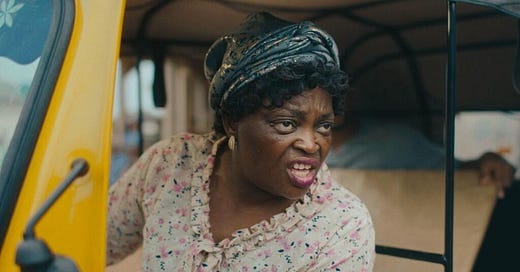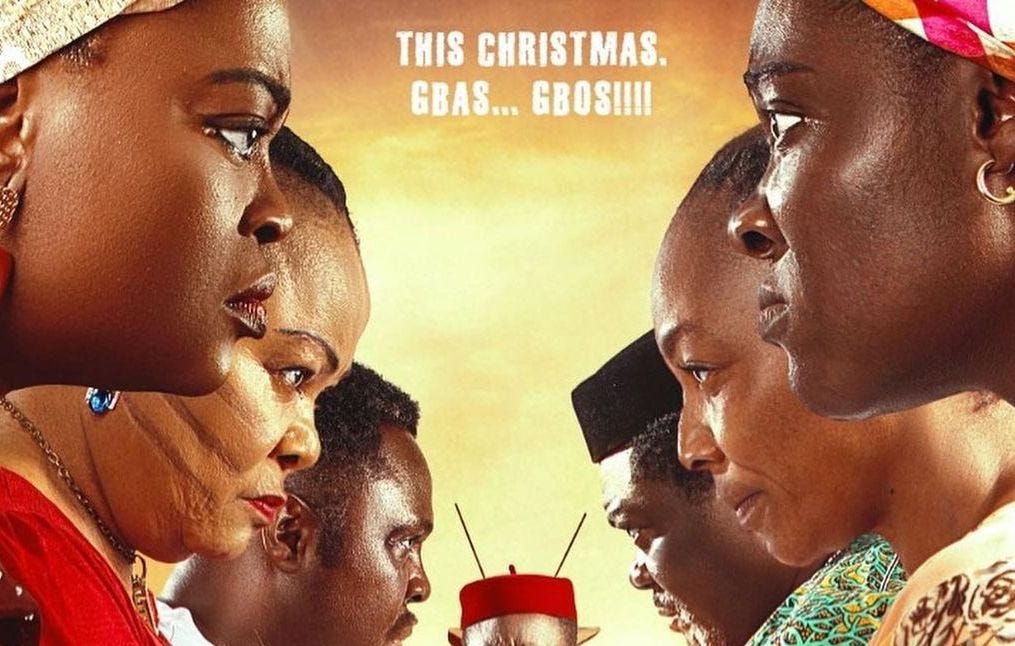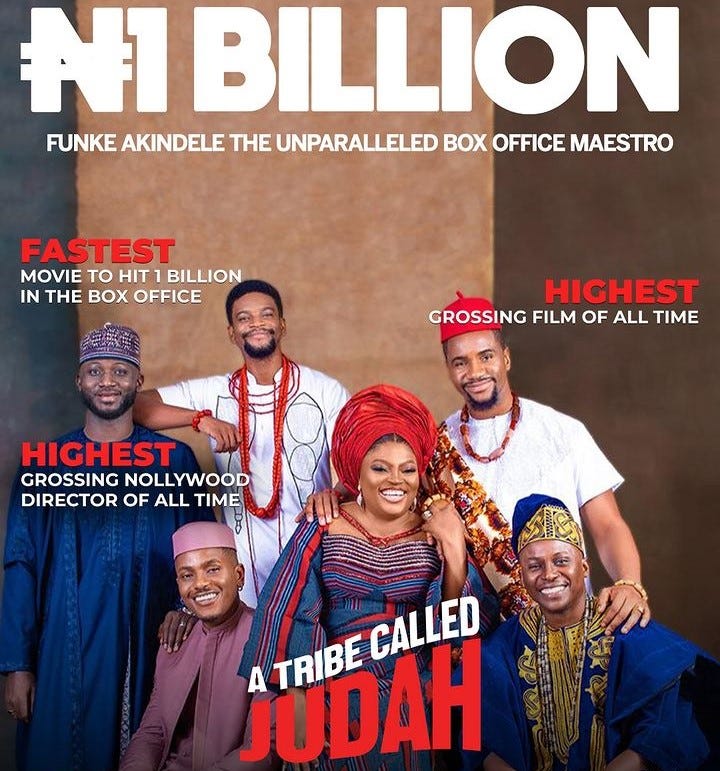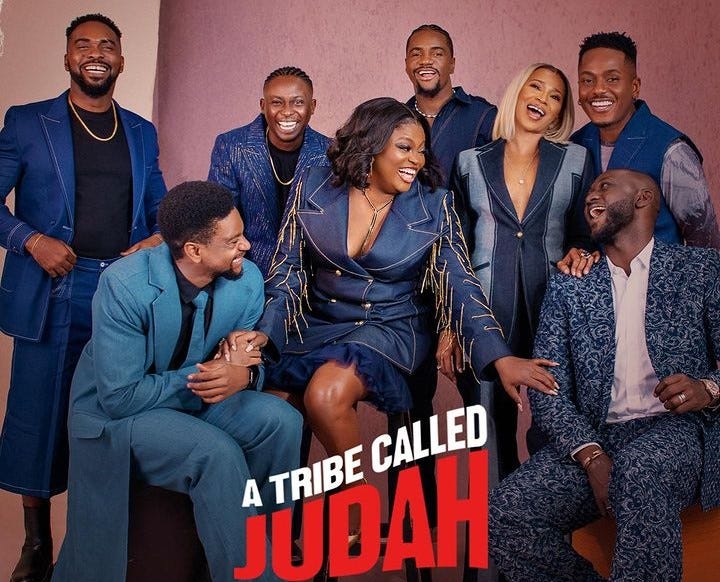A Billion Tribe Called Judah: How Funke Akindele shattered Nigeria’s box office
With over N1bn in box office and the 3rd consecutive top gross spot in Nigeria, Funke Akindele shows she's peerless with A Tribe Called Judah. Here's an analysis of how she managed it.
First, it was Omo Ghetto: The Saga, then came Battle on Buka Street, both momentously crossing the half-a-billion naira cinema revenue and reaching heights that no other Nigerian movie had attained.
A repeat of such a performance would have been a big win for the producer, Funke Akindele, but little did anyone think it could - in record time - become Nigeria’s first billion naira film.
The famous Jenifa could have set such a goal for herself but the ease with which it came would have been completely unexpected, albeit deserving.
Numerous factors came into play as the 46-year-old filmmaker and her crew achieved an unprecedented Nollywood feat and an analysis of these factors is what this article explores.
How Funke Akindele broke the billion-naira barrier with ‘A Tribe Called Judah’
These 5 factors explain how Akindele was able to amass over a billion naira with her latest film offering, A Tribe Called Judah:
1. Robust social capital
Funke Akindele has a wealth of experience that not many Nollywood practitioners can call upon. Even though her acting career started in the late 1990s with I Need to Know sitcom (situation comedy), it was not until a decade after that she would become a household name with the famous comic film, Jenifa.
She would not look back after that, exploiting the resounding success of Jenifa to make it a full-blown series that ran for years.
This gave her sufficient popularity, socio-entertainment capital and momentum to fully launch in the cinemas and when she did, she didn’t look back.
2. Consistency
When it comes to achievements, there will always be more to achieve. That is why it is important to not get carried away with one batch of success and maintain consistency.
The mother of two understands this and has churned out critically acclaimed movies, from Omo Ghetto: The Saga to Battle on Buka Street. If the latter had been disappointing, it’d have been difficult for A Tribe Called Judah to scale. She cashed out on her reputation and consistency last December, bountifully, while still ensuring viewers got value for their money, despite the relatively expensive tickets on offer.
By comparison, not many other producers can boast of a trifecta run like Akindele at the cinemas. Other potential contenders either cannot boast of the street credibility that Jenifa has, have gone the streaming way or fluctuate in the quality of their movies.
3. Humour
The importance of humour - and wit by extension - to the Nigerian audience is perhaps understated. There is a reason online comics continue to sell and amass massive traction across social platforms.
Akindele’s movies are never found wanting in this regard, and if you take a look at the top 10 grossing movies, conflict-driven humour constitutes a significant part of them.
4. Multiethnic allure
To sell a movie that the majority of Nigeria’s heterogeneous society will find fascinating means it must appeal to multiple ethnic sensibilities. The five children of Jedidah Judah - Emeka, Adamu, Pere, Sina and Ejiro - are born to different men who come from different Nigerian ethnic groups.
By this masterstroke, about five Nigerian tribes have been captured already, including the big 3. Even the title has a religious allure. As long as you’re a Nigerian, there’s an element to draw you in.
5. Rigorous Marketing
With the exception of the streaming giants, not many Nollywood filmmakers put sufficient resources into marketing, seeing it as secondary. The publicity for the film was as penetrating as it was intentional.
To illustrate, a media outlet I have an affiliation with got a partnership deal with the Funke Akindele media crew to cover the movie premiere, among other events. Another actress who had her premiere the same day was looking for pro bono media feature.
I couldn’t help but tell the PR guy who reached out to me to learn some lessons from their ‘rival’.










